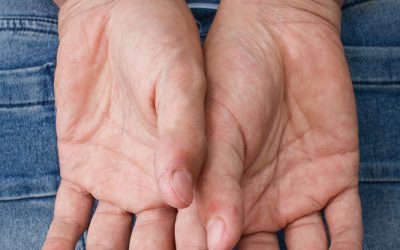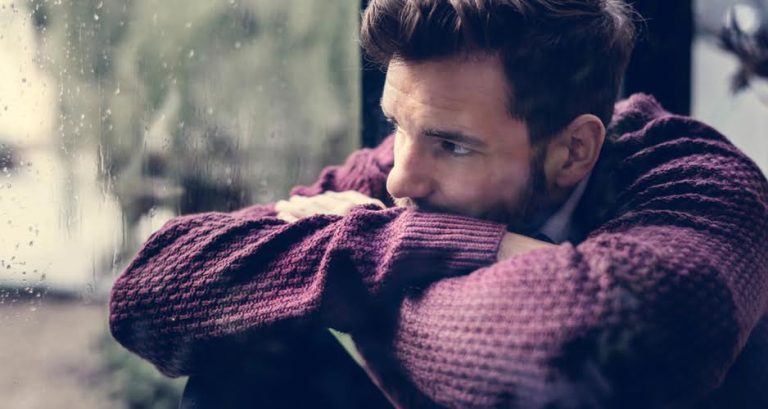The struggle with withdrawal insomnia can feel like an eternity—but rest assured, it’s not forever. The duration varies, and depends on factors like the severity of dependence, your metabolism, and underlying health conditions. In general, symptoms are the worst in the first few days of alcohol detox,3 and usually improve over the course of the next few weeks. Would one experience these alcohol withdrawal symptoms if they drank 2 to 3 drinks a night and then quit cold turkey?
- For many professionals, stress and pressure is a common part of the working environment.
- The good news for those stopping alcohol use is that there are several ways to fall asleep without using alcohol.
- This disruption can result in a decrease in sleep efficiency and an increase in sleep-related problems.
- For example, many alcoholics in post-acute withdrawal have insufficient levels of excitatory neurotransmitters (like dopamine) during the day, which can make it harder to fall asleep at night.
- But it can actually end up robbing you of a good night’s rest — or worse, could cause some challenging sleep problems.
The Structural Inequality of Sleep: An Interview With Dr. Dayna Johnson
- In some cases, medication may be considered as a last resort for individuals who are unable to find relief from their sleep difficulties through other means.
- It is more often consumed at night, also called a nightcap, and may negatively affect your sleep.
After you stop drinking, insomnia will typically set in within a night or two. Insomnia will continue most of the time you have withdrawal symptoms. This duration can’t sleep without alcohol differs based on the individual; however, it generally lasts about a week to 10 days. Once withdrawal symptoms are gone, insomnia will typically resolve.
Breathing Exercises
One study shows that this is the reason about 10% of people drink alcohol. Because alcohol can have a depressive effect on the brain, drinking may help some people fall asleep faster. A person might think that having a drink before bed may help them sleep because alcohol helps them relax.
People On Plant-Based Diets Sleep Up to 48 More Minutes Per Night
Many individuals experience better physical health, improved mental clarity, and a greater sense of emotional well-being. These positive changes often reinforce the decision to maintain sobriety, creating a virtuous cycle of health and wellness. It’s important to note that while these improvements are encouraging, they may not be consistent every night. Some individuals may still experience occasional sleep disturbances or hangover anxiety, especially if they’re dealing with other stressors or adjusting to new sleep routines. However, the overall trend is typically towards better sleep quality. If insomnia persists for months or you experience severe daytime fatigue, memory issues, or mood disturbances, it’s time to consult a healthcare provider.
Understanding the Long-Term Benefits of Quitting Alcohol
By exploring alternative methods to promote healthy sleep, individuals can improve their sleep quality and overall well-being in a sustainable way. Alcohol can have a sedative effect, making it easier to fall asleep initially. However, the quality of sleep obtained after consuming alcohol is often compromised. Alcohol withdrawal insomnia is so common that it is one of the diagnostic criteria for alcohol withdrawal. Insomnia from alcohol withdrawal is likely to persist through the initial period of abstinence. Insomnia after alcohol withdrawal may, in some cases, persist for months or years.
Plant-Based Diet Lowers Risk of Obstructive Sleep Apnea
- There are both psychological and physical hurdles to overcome when seeking sobriety.
- An upscale home offering flexible mental health and addiction treatment programs, wholly catered to clients and their needs.
- Be sure to check the label on any medications or talk to your pharmacist.
- Studies show mixed results, with alcohol insomnia and related sleep disruptions lasting from five weeks to six months.
For most people, these include anxiety, agitation, and difficulty falling or staying asleep. It’s possible to become dependent on alcohol within weeks or sometimes even days of use. If you quit drinking and can’t sleep without alcohol I feel your pain. Years ago, I would frequently succeed in quitting drinking for one day.
While some people find that drinking alcohol helps them fall asleep more easily, alcohol ultimately has a negative impact on sleep. Even in moderate amounts, alcohol consumed in the hours before bedtime can cost you sleep and leave you feeling tired the next day. Alcohol disrupts the natural sleep cycle by suppressing REM (rapid eye movement) sleep, which is essential for restorative rest.
And if you do decide to drink every now and again, check RISE to find out when to stop to reduce the negative impact alcohol can have on your sleep. Below, we’ll explain why you can’t sleep without alcohol, how to sleep without alcohol, and how the RISE app can help you get the best sleep possible — even if you decide to have a drink. I can’t be without my noise https://ecosoberhouse.com/ machine even for one night, as I’ve been relying on it for a decent night’s sleep for over a year. It’s a good thing the gadget is small and the wire is removable, as it means it’s easy to pack it in my suitcase, holdall or handbag when I go on holiday or trips away. If you sleep better when you don’t drink, you might consider stopping alcohol use entirely.
You will ultimately have to figure out which time of day best promotes sleep at night. You should avoid napping during the day to sleep better at night and make your naps short if you do take one. The receptor causes relaxation when stimulated, making alcohol create the feeling of enhanced relaxation that makes it enjoyable. While over-stimulation of these receptors causes relaxation, under-stimulation causes the opposite effect.


